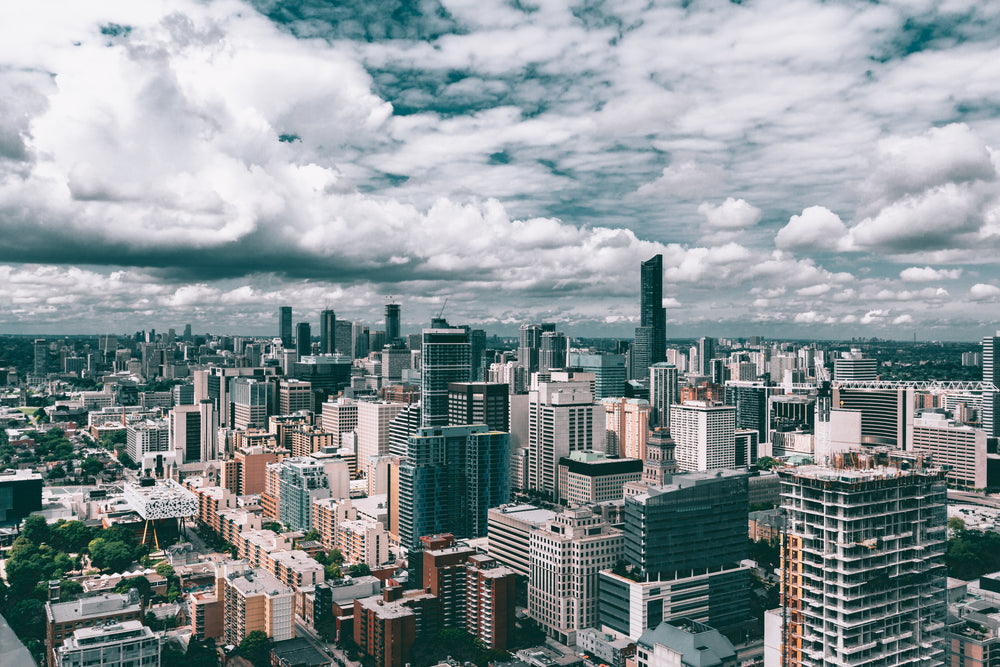Navigating Urban Transportation Systems
Effective urban transportation is the backbone of metropolitan life, connecting neighborhoods, business districts, and cultural centers. Understanding how to navigate public transit systems, bike-sharing programs, and pedestrian infrastructure can significantly improve your daily urban experience while reducing transportation costs and environmental impact.
Modern cities are increasingly investing in multimodal transportation networks that integrate buses, trains, light rail, bike lanes, and pedestrian pathways. Learning to use transit apps, understanding peak hours, and identifying alternative routes can help you move efficiently through urban environments. Many cities also offer monthly passes and integrated payment systems that make public transportation more convenient and cost-effective than private vehicle ownership.



